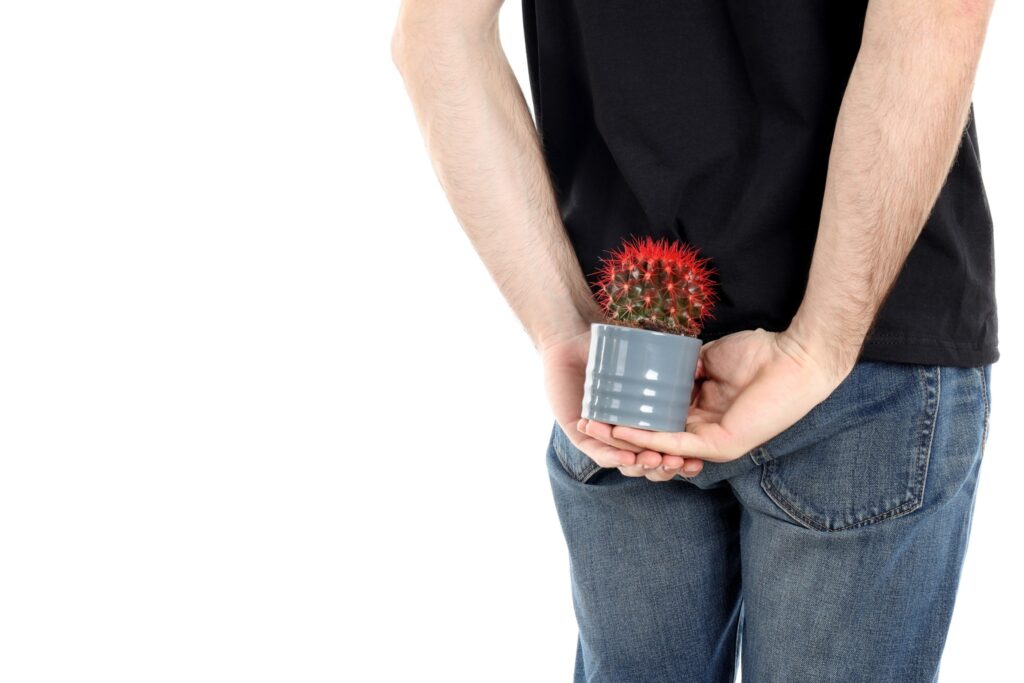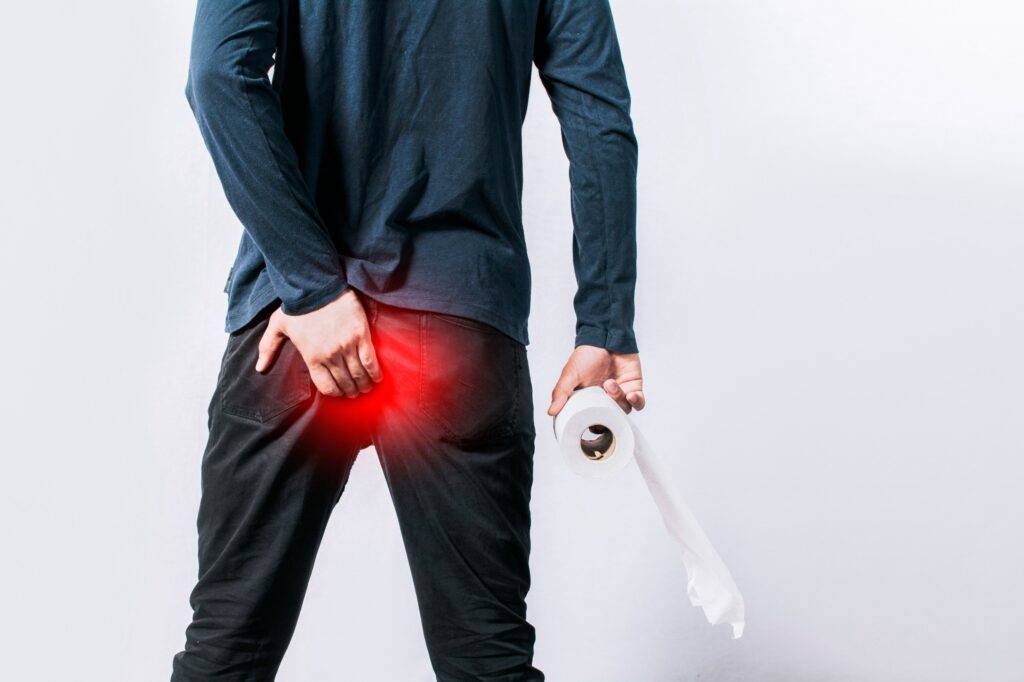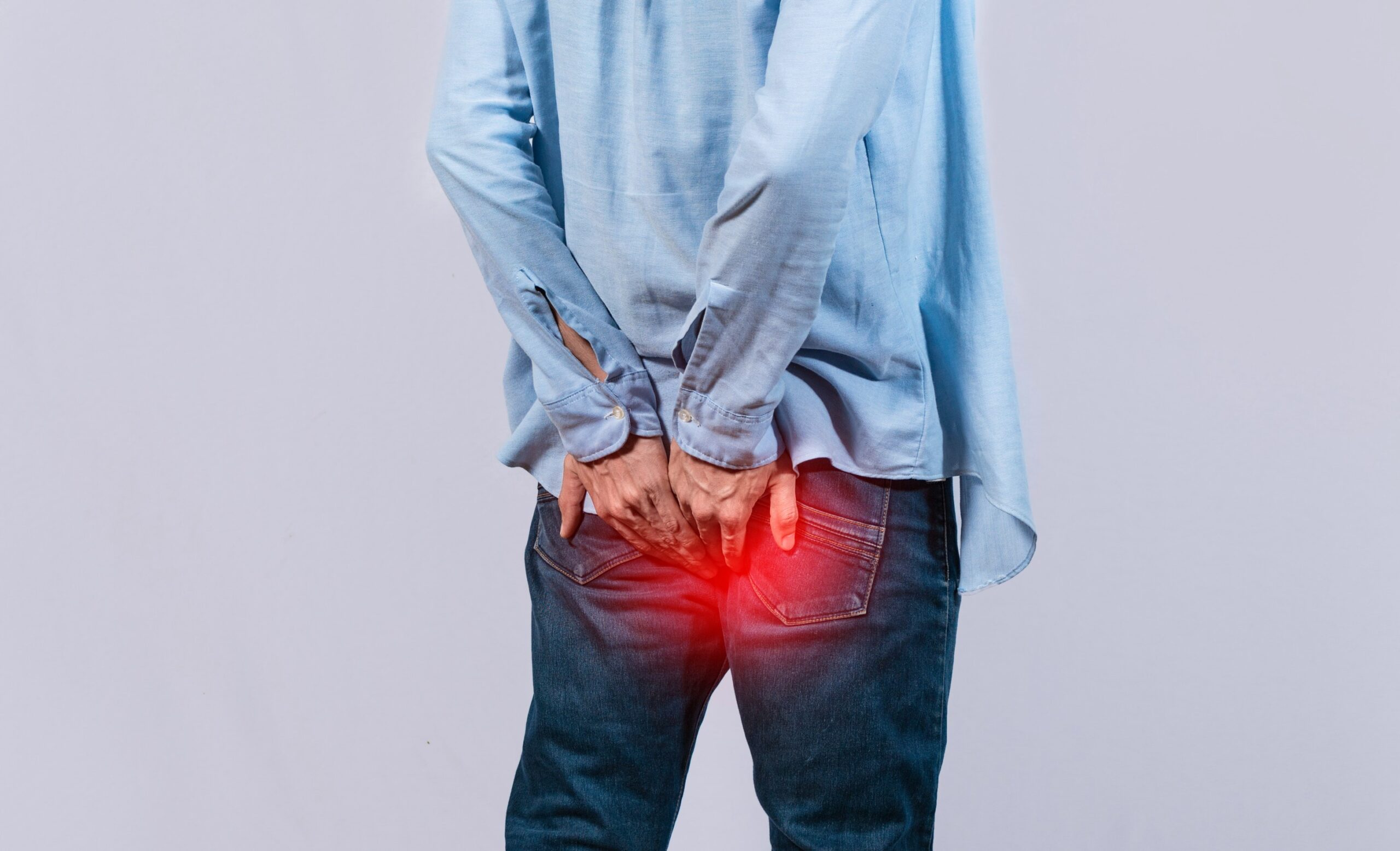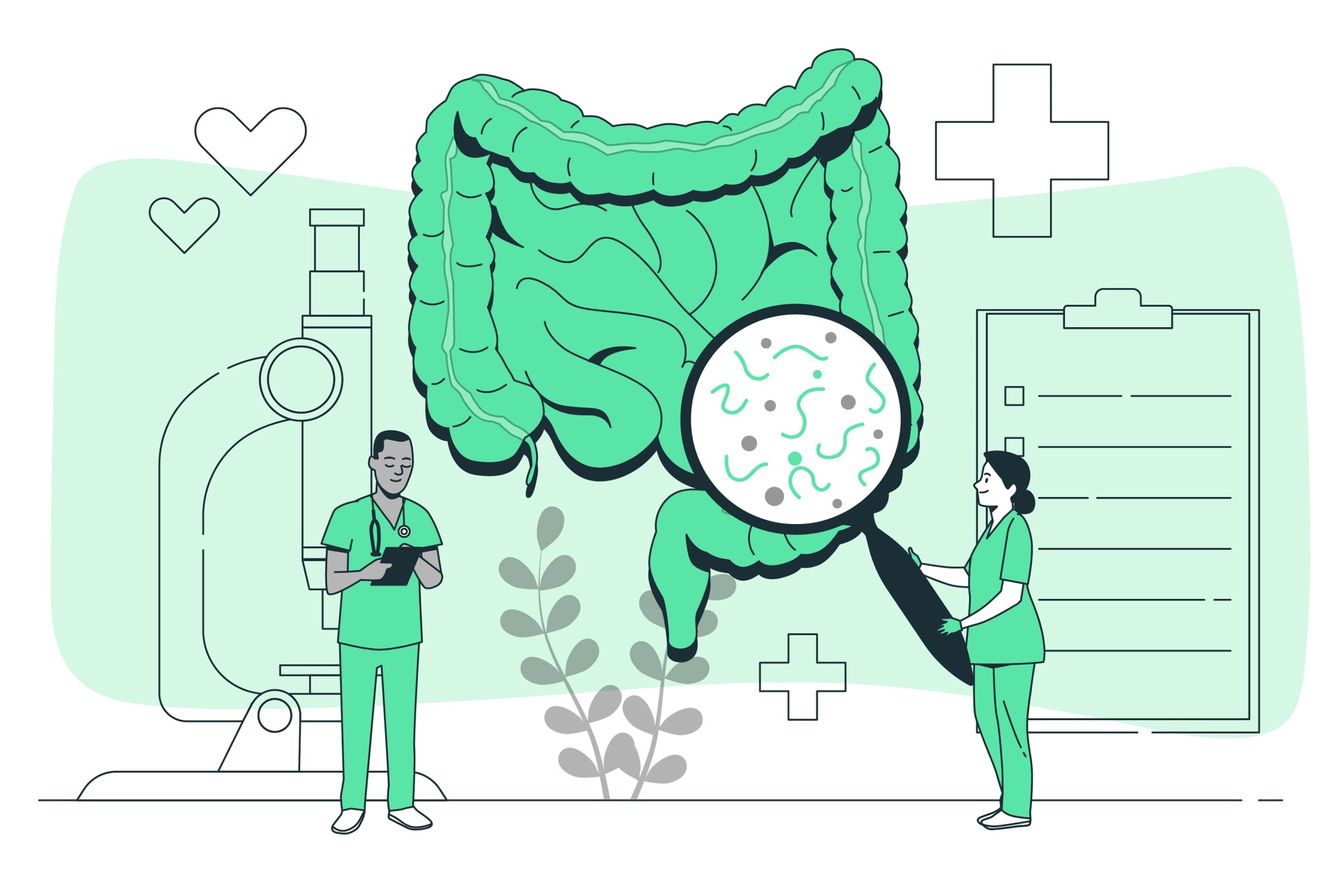Do you find yourself squirming uncomfortably throughout the day? Perhaps you’ve noticed a bit of blood when you use the bathroom? These might be the signs pointing towards a brutally painful condition called piles, medically known as hemorrhoids. We understand it is not the most glamorous topic of conversation, and you might feel ashamed talking about it. But if you’re experiencing discomfort ‘back there,’ you’re not alone. Hemorrhoids affect millions of people worldwide and while they are most common between ages 45 and 65, it is not unusual to develop them at any age. So, let us have a deeper look into the symptoms caused by this backstabber:
- Rectal bleeding during bowel movements
- Itching, irritation, or discomfort in the anal region
- Swelling or lumps around the anus
- Pain or discomfort, especially during sitting or bowel movements
- Mucus discharge from the anus
Yes, it is as messy and painful as it sounds and if you haven’t experienced it yet, count yourself lucky. To ensure you never have to experience Hemorrhoids, read on to find out what exactly causes them and what you can do to avoid them, or treat them.
Causes of Hemorrhoids / Piles

Let’s take a closer look at the everyday factors that could be behind those pesky piles. Several factors contribute to their development including:
- Most frequently, they occur due to strain during bowel movements, especially during constipation
- Chronic diarrhea, frequent bowel movements, and sitting for too long on the commode can also lead to piles
- Since most of the causes are in someway related to increased pressure on on the pelvic area, you might develop Hemorrhoids during pregnancy and childbirth as well
- Lack of physical activity leads to poor circulation and sluggish bowel movements, increasing the risk of hemorrhoids
- Sitting or standing for long durations of time can also increase the pressure of rectal veins further contributing to the formation of Piles
- Similarly, obesity or being overweight also leads to increased pressure on the rectal veins
- Aging also leads to Piles, which is quite natural as the tissues supporting the veins in the rectum weaken over time
Aside from these major causes, sometimes poor genetics also unfortunately, increase the risk of developing Piles. All these factors can individually or collectively contribute to Hemorrhoids. All this aside, it is also important to know certain major complications which may arise due to Hemorrhoids.
Complications That May Arise During Piles

If left untreated, piles can lead to several complications, making the condition even more painful and severe. These include:
- Thrombosis: It’s when Piles leads to formation of blood clots within the swollen hemorrhoidal veins, causing severe pain and swelling
- Prolapse: Piles may protrude from the anus, leading to discomfort and difficulty in passing stool as well as poor hygiene
- Anemia: Chronic bleeding from piles, if not cured, can result in iron deficiency anemia. This will further lead to paleness, fatigue, weakness, and destroy body’s immunity
- Infection: Scratching or irritation of the anal and pelvic region can introduce bacteria which could lead to infection and abscess formation.
Horrifying! Isn’t it? While all of this is treatable, prevention is better than cure and hence you should try it never happens to you at all. So, let us look at some of the prevention as well as treatment techniques for Piles.
Prevention and Treatment
To prevent Hemorrhoids from developing at all, and reducing the risk of recurrence, you can take several measures:
- Eat a high-fiber diet with plenty of fruits, vegetables, and whole grains as they promote regular bowel movements and prevent constipation.
- Stay hydrated as drinking 3-4 Liters of water everyday helps soften stools and supports digestive health.
- Avoid sitting on the toilet for too long and straining during bowel movements to reduce pressure on the rectal veins.
- Maintaining a healthy weight and exercise regularly as it will keep your bowel stimulated and increase your muscle strength, hence reducing the risk of developing piles.
- Practicing good hygiene by keeping the anal area clean and dry, avoiding excessive wiping or scratching to prevent irritation and infection.
Even after following all this, you have still developed Piles, then you’ll need to opt for more rigorous and professionally advised treatments like:
- Topical treatments: This includes professionally advised over-the-counter creams, ointments, or suppositories which contain hydrocortisone or witch hazel that help relieve itching, inflammation, and discomfort.
- Sitz Baths: It is an ancient technique which involves soaking the anal area in warm water for 10-15 minutes several times a day. This can provide relief from pain and discomfort.
- Oral medications: Medically prescribed pain relievers like acetaminophen or ibuprofen, may help alleviate pain and discomfort associated with piles.
- Herbal Remedies: Although there is limited scientific evidence supporting their effectiveness, some herbal supplements and topical preparations may provide relief from hemorrhoid symptoms.
- Procedures: In severe extreme cases where all the above mentioned methods fail, medical procedures such as rubber band ligation, sclerotherapy, or surgical removal may be necessary to treat piles effectively.
So let us recap what we learned today; piles are a common and often uncomfortable and painful condition affecting many individuals. Being unaware and ignorant about this condition can prove to be really destructive and might take a lot of physical, emotional, and financial toll to get rid of it in such cases. But by understanding the symptoms, causes, complications, and treatments, one can take proactive measures to manage their condition effectively and ultimately improve their quality of life.
REFERENCES
1. Everyday Health – https://www.everydayhealth.com/hs/hemorrhoids/myths-pictures/
2. Mayo Clinic – https://www.mayoclinic.org/diseases-conditions/hemorrhoids/symptoms-causes/syc-20360268
3. NHS – https://www.nhs.uk/conditions/piles-haemorrhoids/
4. Cleveland Clinic – https://my.clevelandclinic.org/health/diseases/15120-hemorrhoids
5. Medical News Today – https://www.medicalnewstoday.com/articles/73938
6. Healthline – https://www.healthline.com/nutrition/food-for-piles
FAQ’s
Q. What are the 4 stages of piles?
A. The four stages or degrees of piles are:
- First-degree: Hemorrhoids remain inside the rectum and are not visible.
- Second-degree: Piles prolapse during bowel movements but retract spontaneously.
- Third-degree: Hemorrhoids prolapse during bowel movements and require manual manipulation to return inside the rectum.
- Fourth-degree: Piles remain prolapsed outside the anus and cannot be manually repositioned.
Q. Which food is good for piles?
A. Fiber-rich foods are excellent for piles, because they soften stools and promote regular bowel movements, while reducing the strain during defecation. You must opt for fruits like apples and bananas, vegetables such as leafy greens and carrots, whole grains like oats and brown rice, and legumes like beans and lentils.
Q. How long will piles last?
A. The duration of piles, or hemorrhoids, varies depending on factors such as severity, treatment, and individual healing capacity. Mild cases may resolve on their own within a few days to a week with proper self-care measures. However, more severe cases may persist for weeks or even months without treatment. It’s essential to seek medical advice for persistent or severe symptoms.
Q. Are piles 100% curable?
A. Piles can usually be effectively managed and treated, but they may not be considered 100% curable in all cases. Treatment and lifestyle modifications can provide relief from symptoms, but recurrence or persistence is possible. In the cases of genetics, or aging, especially Piles may not be fully cured even after surgical procedures.
Q. What happens if piles burst?
A. If a pile bursts, it can result in bleeding and discomfort. Bursting may occur due to increased pressure or strain on the hemorrhoid. While bleeding and pain are common outcomes, it’s essential to seek medical attention to prevent complications like infection or further bleeding. Don’t worry however, it isn’t the end of the world.
Q. Why do piles bleed?
A. Piles bleed when the blood vessels in the rectal area are under pressure, often due to straining during bowel movements or passing hard stools. This pressure can cause the swollen blood vessels to rupture, resulting in bleeding.




